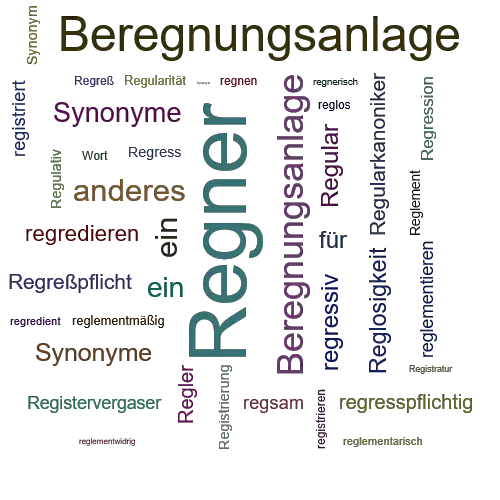
But in order to account for the fact that Y is F, we need to posit a Z that is F and so on. According to the recursive principle, this is only possible if there is a distinct Y that is also F. So the regress starts with the fact that X is F. This is why an additional triggering condition has to be fulfilled: there has to be an X that is F for the regress to get started. This principle by itself is not sufficient: it does not lead to a regress if there is no X that is F. Or in the cosmological argument, an event occurred because it was caused by another event that occurred before it, which was itself caused by a previous event, and so on. But this other belief is itself in need of one more justified belief for itself to be justified and so on. In the epistemic regress, for example, a belief is justified because it is based on another belief that is justified.

X and Y stand for objects, R stands for a relation and F stands for a property in the widest sense. This principle can often be expressed in the following form: X is F because X stands in R to Y and Y is F.
#Synonym for regress series#

The most serious form of viciousness involves a contradiction in the form of metaphysical impossibility. There are different ways in which a regress can be vicious. For such an argument to be successful, it has to demonstrate not just that the theory in question entails an infinite regress but also that this regress is vicious. An infinite regress argument is an argument against a theory based on the fact that this theory leads to an infinite regress.

For other uses, see Infinite regress (disambiguation).Īn infinite regress is an infinite series of entities governed by a recursive principle that determines how each entity in the series depends on or is produced by its predecessor.


 0 kommentar(er)
0 kommentar(er)
